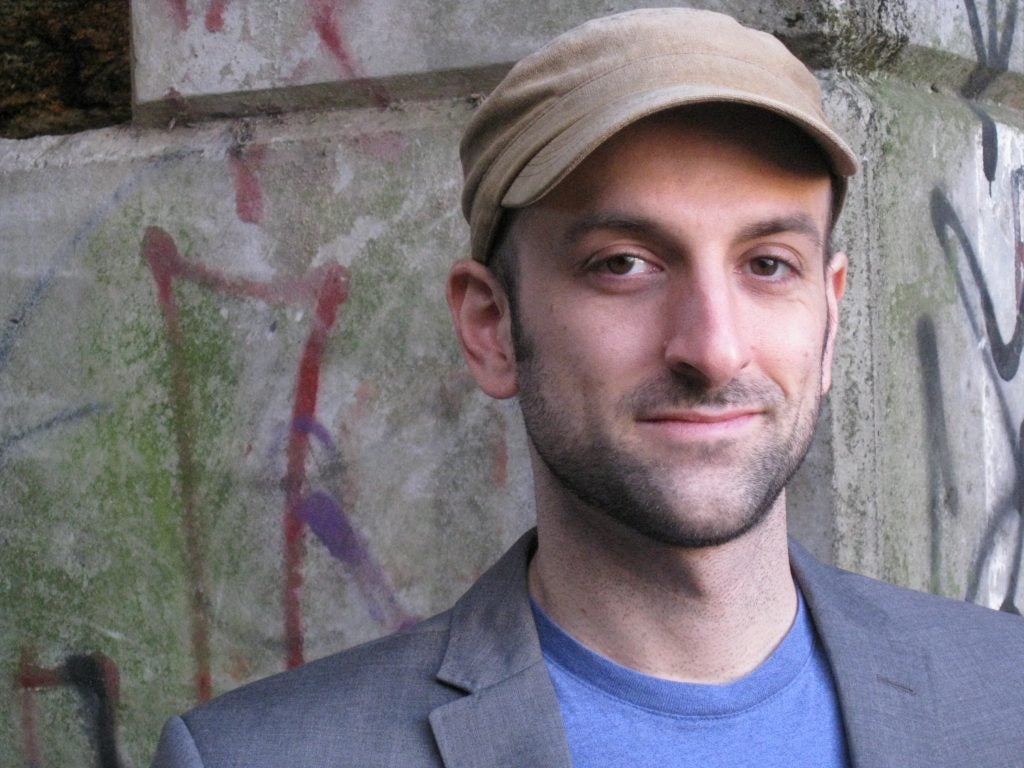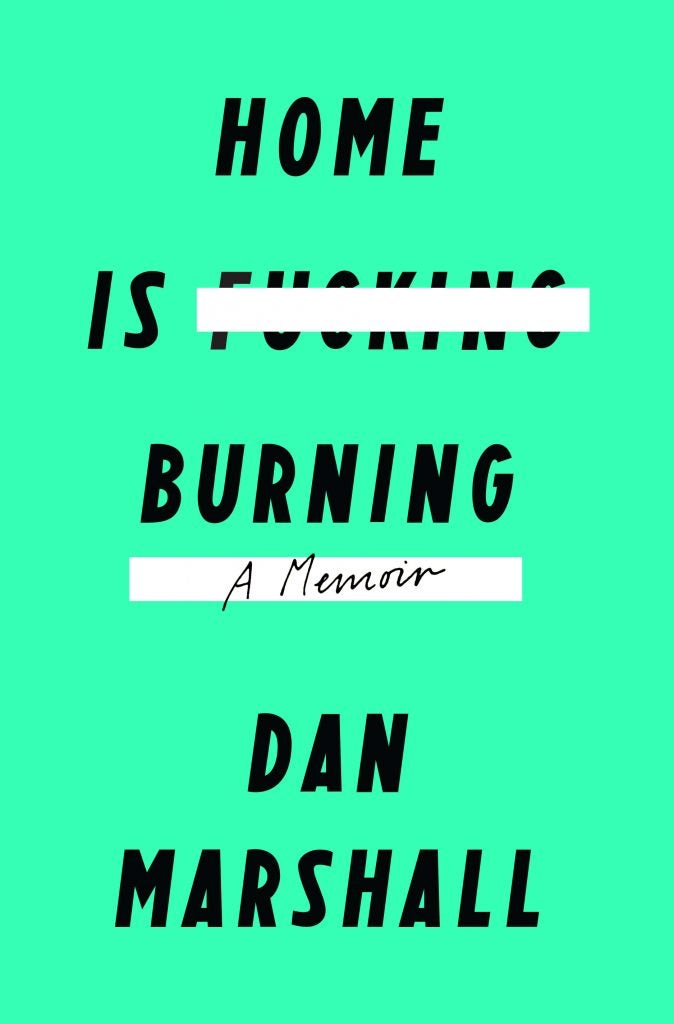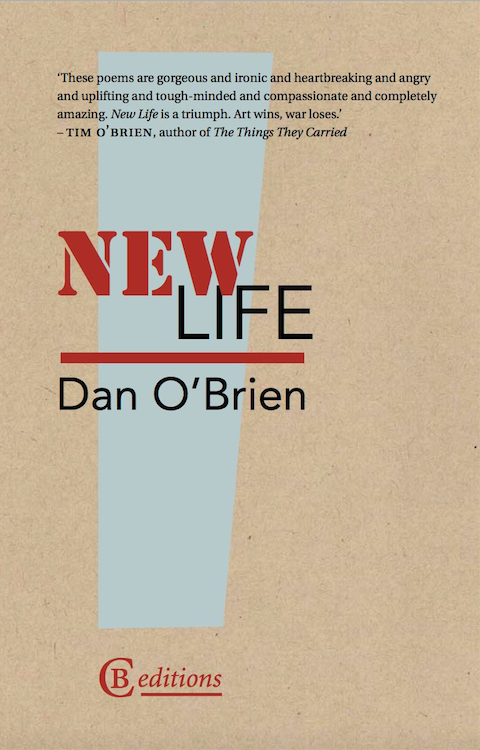“The Only Woman in the Room”: An Interview with Eileen Pollack
“When I teach nonfiction, we talk about writing to a question. If you write what you already know, it’s not going to be interesting for your readers. You need to be looking for some kind of a discovery, and so I went to Yale to see what and what hadn’t changed, because my story needed to be contextualized. After hearing from young women that their experiences were just as bad as mine, it floored me. That’s the moment I knew I had a book.”
“The Only Woman in the Room”: An Interview with Eileen Pollack Read More »
“When I teach nonfiction, we talk about writing to a question. If you write what you already know, it’s not going to be interesting for your readers. You need to be looking for some kind of a discovery, and so I went to Yale to see what and what hadn’t changed, because my story needed to be contextualized. After hearing from young women that their experiences were just as bad as mine, it floored me. That’s the moment I knew I had a book.”








